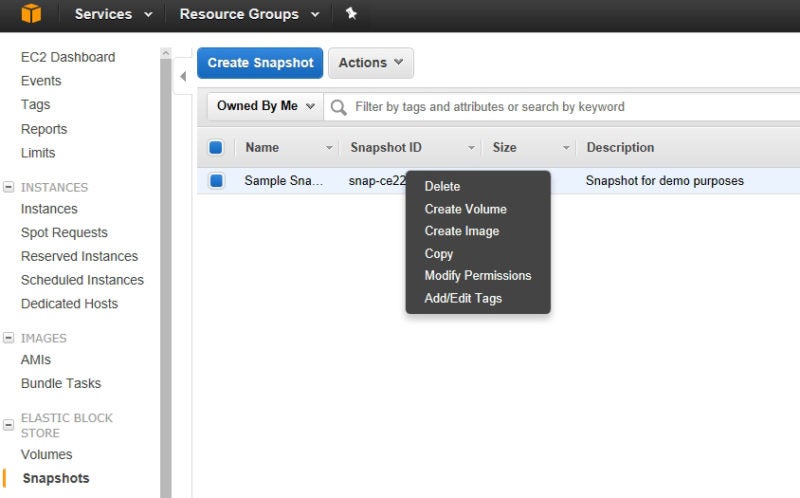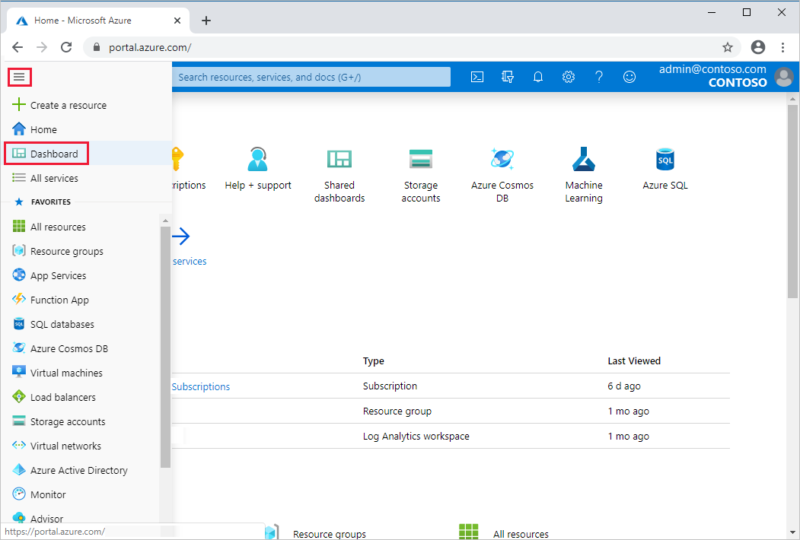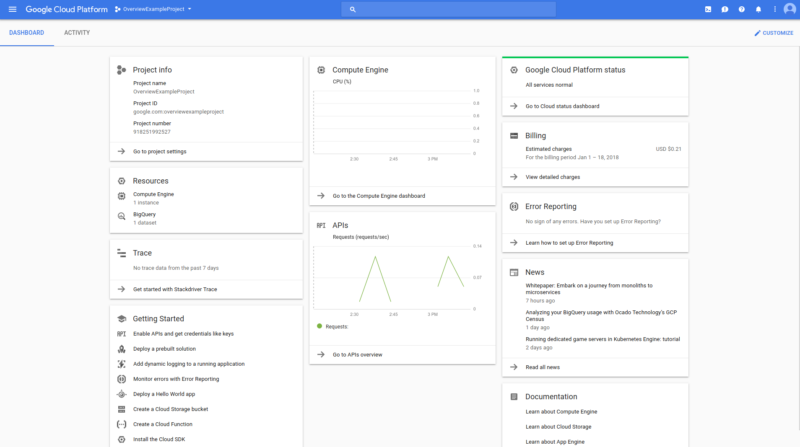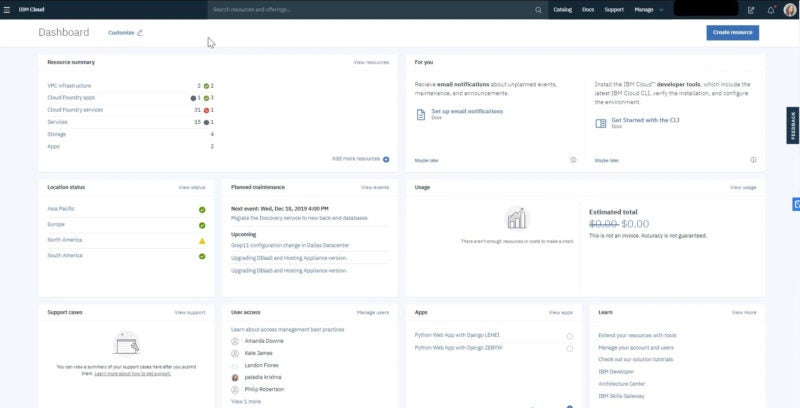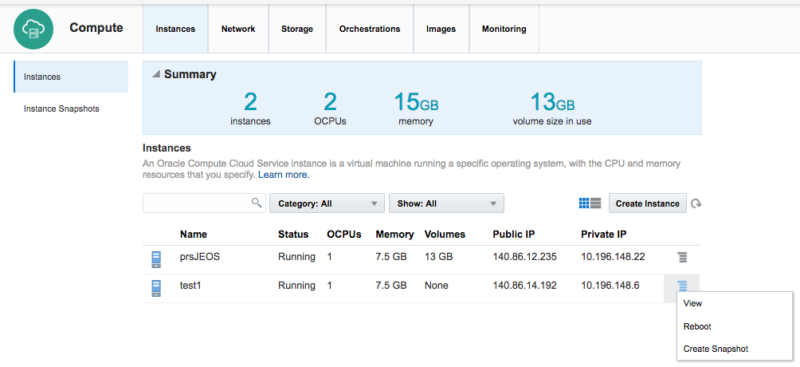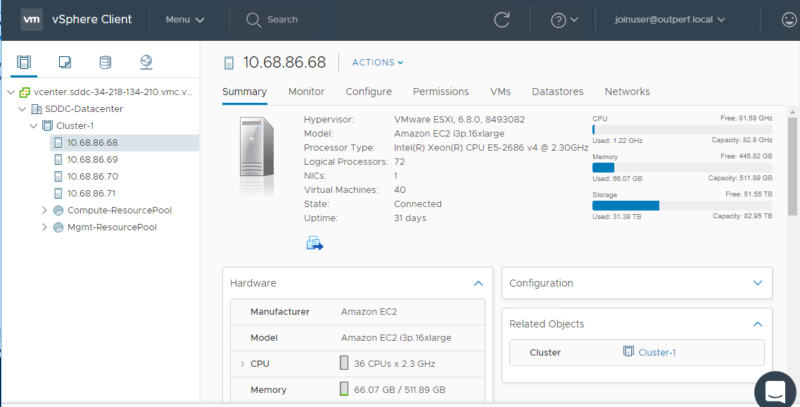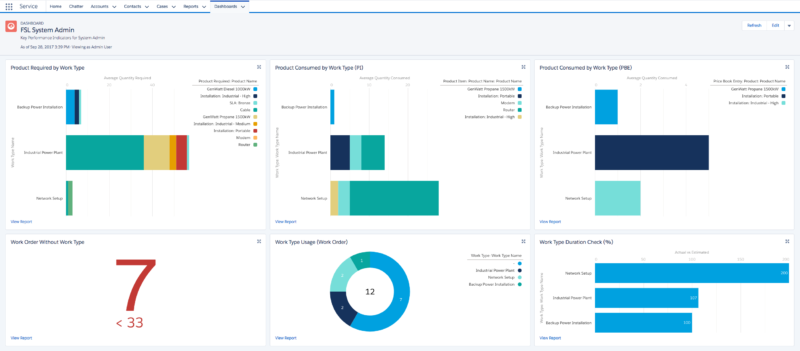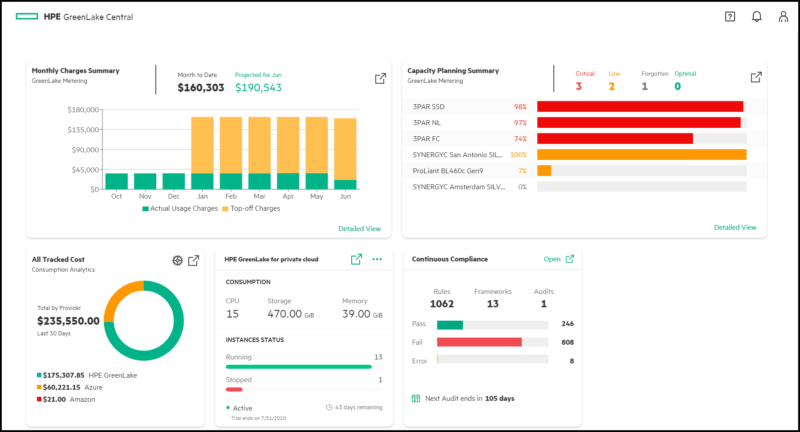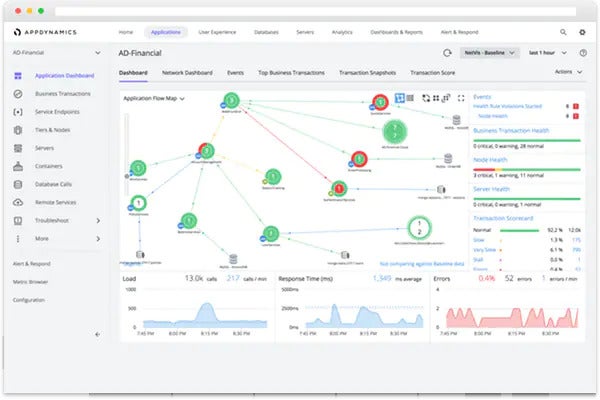
Companies around the globe have been talking about digital transformation for years, but with the entrance of the COVID-19 pandemic and new workplace challenges, most enterprises have necessarily sped up their tech modernization efforts. Hybrid cloud, multicloud, and cloud computing companies and services have recognized this digital transformation push and are providing a wider range of cloud services accordingly.
Advancing a strategy in cloud computing — or making computing capabilities available over the internet and distributed virtual data centers rather than on-premises data centers — is one of the top priorities for most organizations today. The data reflects this: according to a study from Fortune Business Insights, the global cloud computing market hit $250 billion in 2021 and is expected to reach $791.5 billion by 2028.
Some of this growth comes from new challenges found in a distributed global workforce, but exciting changes in machine learning (ML), artificial intelligence (AI), Internet of Things (IoT), and big data growth have also precipitated the cloud’s expansion. Learn more about how the top cloud computing companies are providing the solutions that meet ever-changing business operation needs at scale.
Also Read: How COVID-19 Is Driving Digital Transformation
A Closer Look at the Best Cloud Computing Solutions
- What Do Cloud Companies Do?
- Top Cloud Companies on the Market
- Key Features From Cloud Vendors
- Tips for Choosing a Cloud Vendor
- Who Needs Cloud Solutions?
What Do Cloud Computing Companies Do?
Cloud computing companies offer a variety of enterprise cloud solutions, focused on infrastructure, platform, and/or software-based solutions. Although most smaller cloud companies specialize in one core area of cloud support, the biggest solutions providers tend to specialize in all three key areas of cloud computing services:
SaaS (Software-as-a-Service)
SaaS is a type of solution in which a third-party vendor delivers cloud applications over the internet. They are typically hosted on a remote server and do not require enterprise customers to manage the hardware or software updates involved.
Examples: Google Workspace, Zoom, Dropbox, Slack, HubSpot, Salesforce, ZenDesk
PaaS (Platform-as-a-Service)
In PaaS, the cloud vendor provides enterprises with a cloud platform for application creation and development. With the platform approach, developers can focus on applications while other users or a third party separately manage servers, storage, and other networking features.
Examples: SAP Cloud, AWS Lambda, IBM Cloud Foundry, Red Hat OpenShift, Zoho Creator, Apache Stratos, Magento Commerce
IaaS (Infrastructure-as-a-Service)
IaaS is cloud-based infrastructural support delivered via virtualization technologies. With IaaS, enterprise customers receive self-service compute resources, such as servers, operating systems, and storage — all of which they can scale up or down as needed. Many IaaS solutions offer PaaS and SaaS solutions within their portfolios.
Examples: AWS, Microsoft Azure, Google Cloud, Oracle Cloud, IBM Cloud, Alibaba Cloud, Open Cloud by RackSpace
Top Cloud Companies on the Market (Best by Category)
AWS
Best for Public Cloud, Largest Portfolio of Cloud Solutions
AWS is the largest and most widely recognized cloud vendor on the market, providing an IaaS solution with several PaaS and SaaS solutions also in its arsenal. Amazon’s cloud specialties run the gamut of cloud expectations, ranging from storage and container management to compute and virtualization to the migration services and management of new technologies powered by AI, ML, and IoT.
AWS is perhaps not the strongest solution for enterprises that want a slower migration or prefer to keep some of their legacy systems on-premises; many enterprises opt for competitors like Microsoft Azure, which are already familiar with traditional on-premises technology management.
However, AWS is making great strides in the area of migration support, offering VMware Cloud on AWS as a virtualization solution for companies needing a more concrete bridge between their traditional data centers and their new cloud infrastructure.
Cloud Category: IaaS, PaaS, and SaaS
Key Features:
- EC2 virtual cloud servers
- Simple Storage Service (S3) for scalable cloud storage
- RDS, Aurora, and DynamoDB for managed (relational) databases
- SageMaker for building and deploying ML models
- Outposts for running AWS infrastructure on-premises
Microsoft Azure
Best for Hybrid Cloud and Enterprise Interoperability
Microsoft Azure is the second largest public cloud provider and is growing at a quick enough rate that it could eventually surpass AWS. Much of Azure’s success is owed to Microsoft’s longstanding relationships with enterprises and its experience with providing widely used operating systems, applications, and collaborative tools to businesses.
Microsoft’s knowledge of traditional business tools has made Azure a particularly strong resource for organizations that either want to maintain their on-premises infrastructure or plan for a slow transition to the cloud. With hybrid cloud solutions such as Azure Arc, Azure Stack, and Azure Active Directory, customers are provided with several different tools to connect their on-premises infrastructure to the cloud.
Azure also shines in the area of SaaS, turning many of its more traditional product offerings into cloud-friendly applications, such as its CRM and ERP solution, Microsoft Dynamics 365.
Cloud Category: IaaS, PaaS, and SaaS
Key Features:
- Azure SQL and Azure Cosmos DB for database management
- Virtual Machines
- Virtual Desktop
- Azure Cognitive Services
- Azure Arc
Google Cloud
Best AI/ML Capabilities
The Google Cloud platform is the third largest in terms of revenue, and although it isn’t quite competitive with either AWS or Azure, it is growing quickly, especially for niche markets and use cases. Many of its customers are particularly impressed with its investment in AI and ML technology.
It offers a variety of tools in the AI/ML category, ranging from applications that allow users to train and manage deep learning and ML models, to applications that allow them to analyze emotion, text, and unstructured data like sound.
Google Cloud offers a well-rounded portfolio of other IaaS, PaaS, and SaaS features, but because of Google’s veteran knowledge of networking and search data, it is also one of the top solutions for organizations that want robust analytics in their cloud platform.
Cloud Category: IaaS, PaaS, and SaaS
Key Features:
- Compute Engine virtual machines
- Cloud Storage for secure, stable object storage
- Cloud SDK command line tools and libraries
- BigQuery data warehouse
- Anthos control plane for application management
IBM Cloud
Best for Multicloud Development
Although IBM Cloud is a much smaller solution than the previous “Big Three,” its portfolio covers the same basics as most other IaaS vendors and especially stands out in the area of multicloud development. Its primary multicloud tool, IBM Cloud Satellite, is labeled as a “managed distributed cloud solution” that helps enterprise users to deploy and manage applications across edge, on-premises, and public cloud environments — regardless of vendor.
Few other cloud platforms have fully tapped into the multicloud space, due to the difficulty of managing differently designed environments, but IBM Cloud Satellite is an IBM investment that delivers cloud services, regulatory and policy features, APIs, and security controls across disparate operational infrastructures.
Cloud Category: IaaS, PaaS, and SaaS
Key Features:
- Cloud Satellite for multicloud development
- Cloud Block Storage
- Watson AI tools
- Cloud Pak for automation
- Cloud Monitoring for network security monitoring
Oracle Cloud
Best for Embedded Database Software
Oracle is best known for the variety of database platforms and services that it offers to enterprise customers. But because of its data management background, Oracle Cloud particularly excels in helping cloud customers organize and manage their data.
One of the top data management tools provided natively within Oracle Cloud is the Oracle Autonomous Database, a unified database that uses ML and other self-healing techniques to automate database management across the cloud.
Cloud Category: IaaS, PaaS, and SaaS
Key Features:
- Embedded Oracle Autonomous Database solution
- Delivery of bare-metal compute services and network traffic isolation
- Public cloud and edge deployments available
- AI/ML-powered analytics
- Security, identity and access management (IAM), and other compliance-based tools
VMware Cloud
Best for Virtualization and Containerization
If VMware were a student in middle school gym class, every captain would try to pick them for their dodgeball team. That is to say, VMware is the virtualization engine that assists many of the other top players on this list with its hybrid cloud development, workload migration, and on-premises legacy tool strategies.
Specifically through its relationship with AWS, enterprises can use VMware Tanzu to build, run, and manage applications through Kubernetes-orchestrated containers. Although its core offerings don’t cover the same scope as some of the other IaaS and PaaS competitors, its relationships and the flexibility offered by its containerization technologies give users most of the key tools they’ll need to get started on the cloud.
Cloud Category: IaaS, PaaS, and SaaS
Key Features:
- VMware Cloud on AWS
- Tanzu for container management
- Cloud Disaster Recovery
- VMware Cloud on Dell EMC
- VMware Cloud Foundation
Salesforce
Best for Customer Relationship Management
Although it does not offer the full spectrum of solutions that many of the other vendors on this list offer, Salesforce is a top contender in its specialty area of customer relationship management (CRM) software.
Its platform is highly scalable, allowing you to add the Service, Marketing, and Sales features as separate or integrated clouds that can scale up or down over time. And with its integration with tools like Slack, Salesforce is also a great solution for keeping users at all levels of a business connected through communication.
Cloud Category: PaaS and SaaS
Key Features:
- Contact, opportunity, and lead management software
- Pipelines, forecasting, reports, and dashboards
- Einstein AI-powered customer service platform
- Email and digital marketing, demand generation, digital advertising, and marketing analytics
- MuleSoft Anypoint Platform for data integration
HPE GreenLake
Best for Edge Computing Innovations
Although it’s a lesser-known cloud provider, HPE’s GreenLake cloud platform was one of the earliest pioneers in the edge computing realm, specifically with its Aruba tool. Some of Aruba’s key features include constant live monitoring, AIOps for service management, ITSM workflow automation, and expanded network utilization initiatives.
Aruba is offered as a monthly subscription cloud service with GreenLake, making it an easy tool to add or subtract as business priorities change, or as organizations begin experimenting with the edge.
Cloud Category: IaaS, PaaS, and SaaS
Key Features:
- Open source database platform included
- Intelligent, workload-optimized storage
- Virtual desktop infrastructure (VDI)
- Point-and-click provisioning for private cloud development
- Aruba networking tool for edge infrastructure development
Adobe Cloud
Best Creative Software Cloud
When Adobe originally transitioned its creative software suite to the cloud, many were unsure how successful it would be with this new subscription-based approach to creative tooling.
But Adobe has fared well and effectively cornered the creative cloud market, offering creative tools as individual applications and as the full-fledged Adobe Creative Suite via the subscription model. Because Adobe primarily offers SaaS solutions, it can and should be used in partnership with an additional infrastructure solution.
Cloud Category: SaaS
Key Features:
- Photoshop for image editing and design
- Premiere Pro for video editing and production
- Illustrator for vector graphics and illustration
- Adobe XD for web and other UX prototypes
- Acrobat Pro PDF tool
Cisco Cloud Solutions
Best Cybersecurity Portfolio
Cisco is best known for its collection of cybersecurity tools and services, and with Cisco Cloud Solutions, cloud customers get the best of both cloud and security worlds.
One of the core features that Cisco offers amongst its cloud tools is SecureX, a tool that connects the Cisco Security portfolio to the cloud and automates security initiatives across the infrastructure. Other key security features offered natively in Cisco’s cloud include Cloudlock, SASE, Stealthwatch Cloud, Tetration, and Umbrella.
Cloud Category: IaaS, PaaS, and SaaS
Key Features:
- AppDynamics performance monitoring
- Cisco Container Platform for container management
- Intersight dashboard and data visualizations
- SASE for secure access
- SecureX connection between cloud infrastructure and Cisco Secure portfolio
More on Cloud Technology: Biggest Challenges & Rewards of Enterprise SaaS
Key Features From Cloud Vendors
Data Analytics
With so many core enterprise applications hosted on the cloud, it’s important that the platform offers robust analytics and data visualizations to assess application performance. Look for platforms that offer easy-to-read dashboards and key analytics and monitoring metrics.
AI/ML
Artificial intelligence and machine learning are increasingly being added to cloud platforms, helping enterprise developers to test and deploy AI/ML tools on the cloud framework. As a bonus, many cloud platforms also offer AI/ML-powered security monitoring and automation features to users.
User Access Controls
Most enterprises need their cloud platform to be accessible to all employees, but different employees require different applications and different levels of access to sensitive data. Invest in a tool that provides advanced user access controls that sysadmins can update for different users and devices over time.
Security and Automation
Cloud providers, especially in the IaaS realm, typically double as cybersecurity providers, offering embedded or integrated applications that automate security monitoring across cloud infrastructure.
Scalable Storage
One of the core benefits of migrating enterprise assets to the cloud is the ability to scale tools and storage up and down as your company changes over time. Look at the baseline storage features your chosen platform offers, as well as the pay-as-you-go model offered for added storage.
Interoperability and Integrations
Especially for the cloud platforms that offer hybrid cloud or multicloud capabilities, it’s crucial that they offer interoperability and integrations with the key applications and tools your organization already uses.
Collaborative Workspaces
Because the cloud offers real-time updates and easy access for enterprise users, many cloud platforms offer collaborative workspaces and office suites where users can collaboratively update company assets.
More on AI and ML: AI vs Machine Learning: What Are Their Differences & Impacts?
Tips for Choosing a Cloud Vendor
Cost to Implement
The great thing about cloud solutions is that enterprise users can easily scale up or down with the tools they need. Really consider what tools make the most sense for your business and whether your preferred vendor offers those solutions, and at what cost. The top cloud providers tend to offer the highest costs for initial infrastructure and add-ons. But they also offer the widest portfolio of solutions.
Hybrid Cloud and Multicloud Flexibility
Not all cloud solutions are created equally when it comes to hybrid cloud and multicloud flexibility. When choosing a cloud vendor, ask yourself the following questions: Are they willing to assist with the transition from your legacy systems and data centers to their cloud? Do they offer solutions that allow you to keep and connect legacy systems to their products?
Cloud Application Library
Whether embedded or added via integrations, it’s important to consider which cloud vendors offer the most useful suite of cloud applications for your particular business line and use cases. The largest providers tend to offer very similar core products and solutions. But each of them offers different specialties, partnerships with outside vendors, and industry-specific solutions that could benefit your organization.
Cloud Security Features
The cloud makes it possible for your team and solutions to work in a more distributed environment. But as a result, security also needs to become more distributed to protect your global network. Does your chosen cloud vendor offer native cloud security, or do they partner with top cloud security providers? Do they offer a dashboard, analytics, and other helpful visuals so your internal team can stay on top of potential threats?
Who Needs Cloud Solutions?
The modern enterprise technology landscape is reaching a point where virtually every company uses cloud solutions of some fashion for their business, But if you’re still not certain whether cloud technology can benefit your business, consider investing in the cloud if you’re looking for:
- Simplified, remote access to company assets for employees
- Automated and distributed security solutions that can be easily monitored
- The ability to easily scale your storage and business applications
- Stronger disaster recovery and quality control features
- Easier access to emerging technologies, such as edge computing, AI, ML, and IoT
It’s likely that most workforces and enterprise projects will continue to operate in globally distributed locations. Although cloud computing companies and their solutions aren’t the only paths to successful management of a global enterprise, the cloud is quickly becoming the preferred method for uniting enterprise teams in an accessible, flexible, and secure environment.
Read Next: Top Edge Computing Companies for 2021
